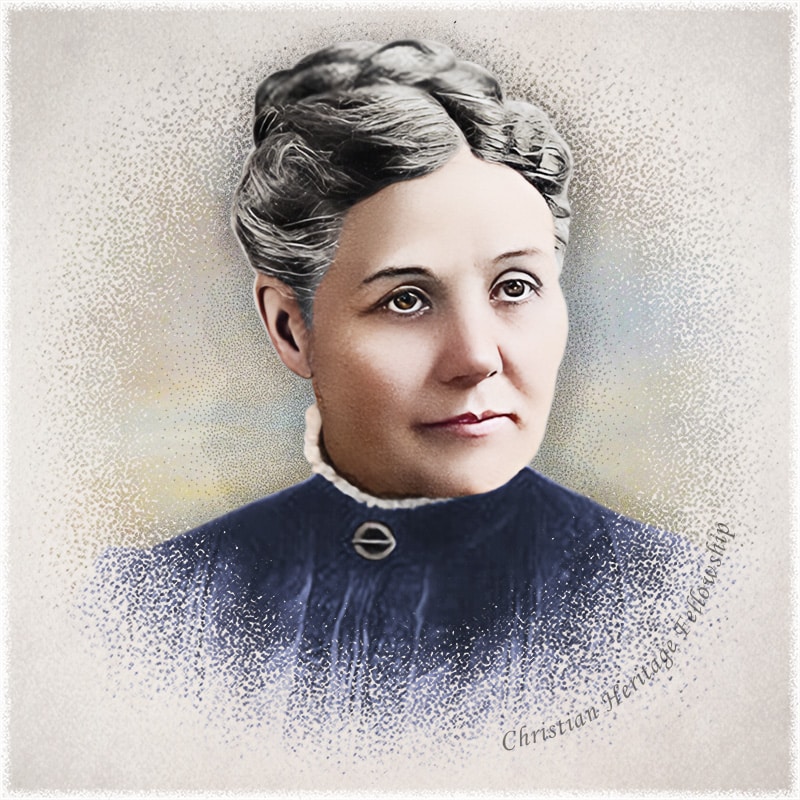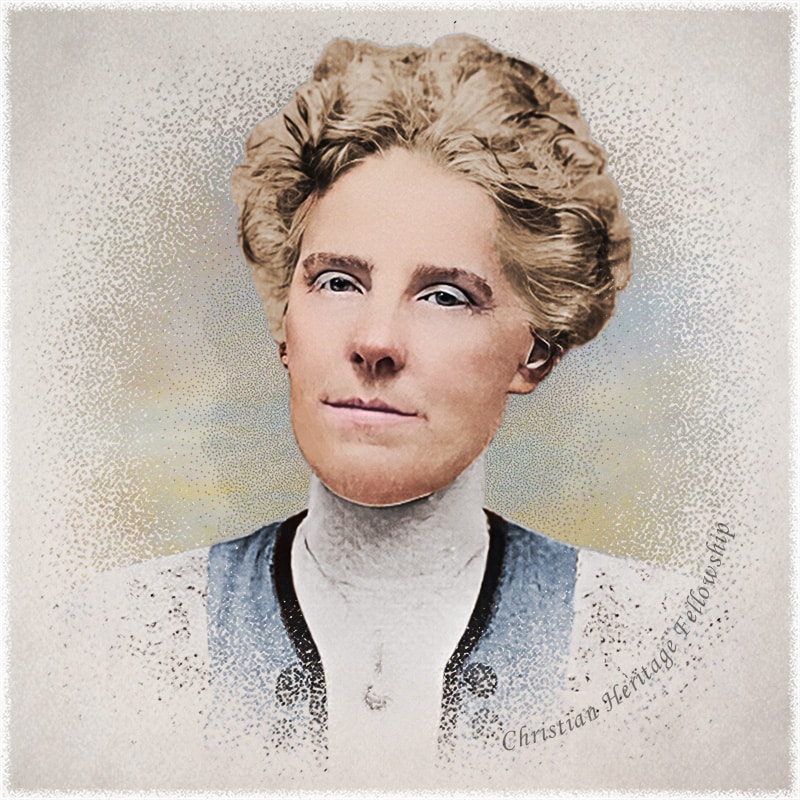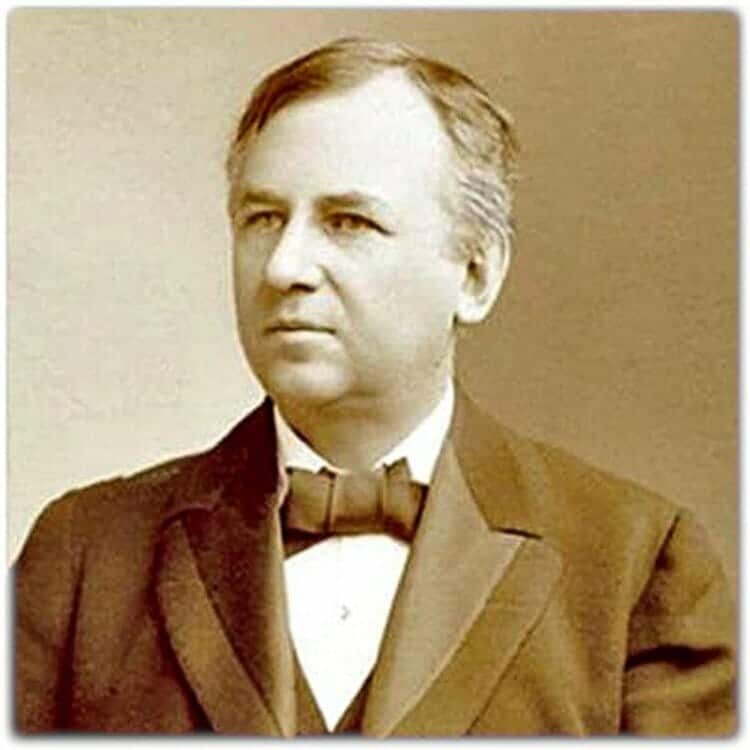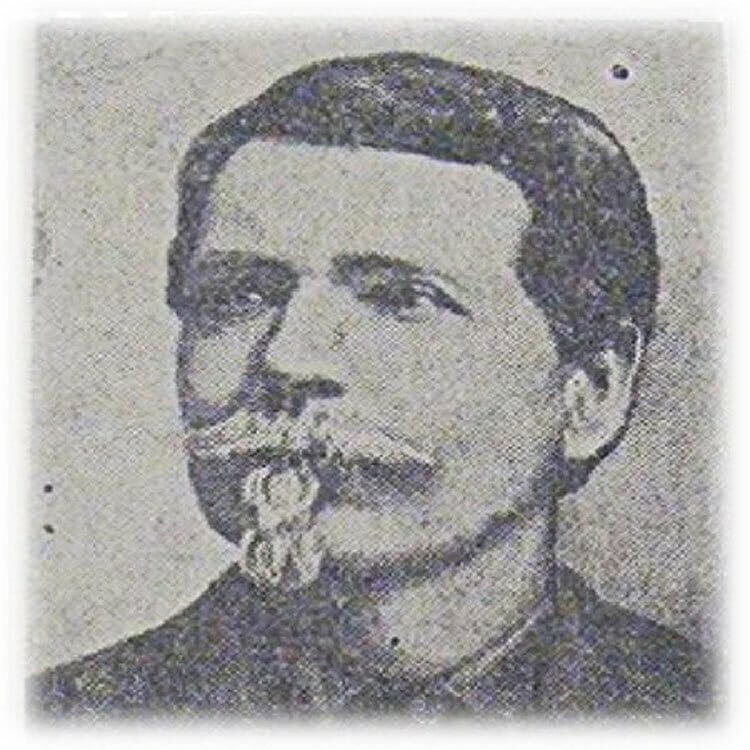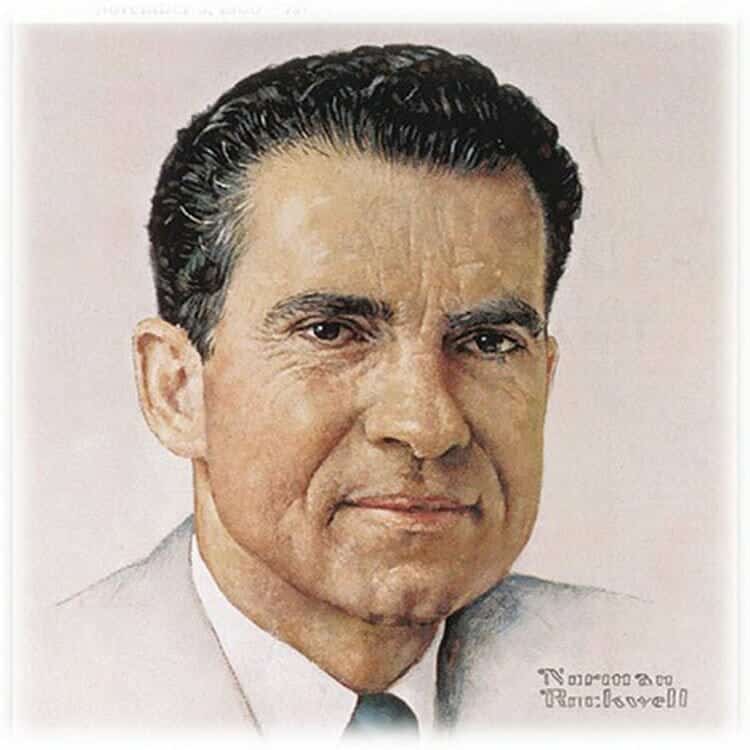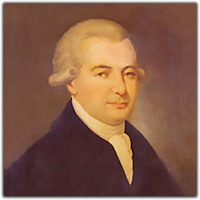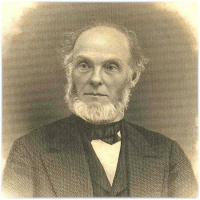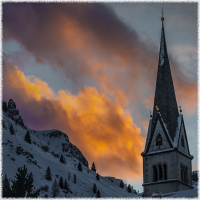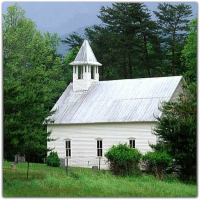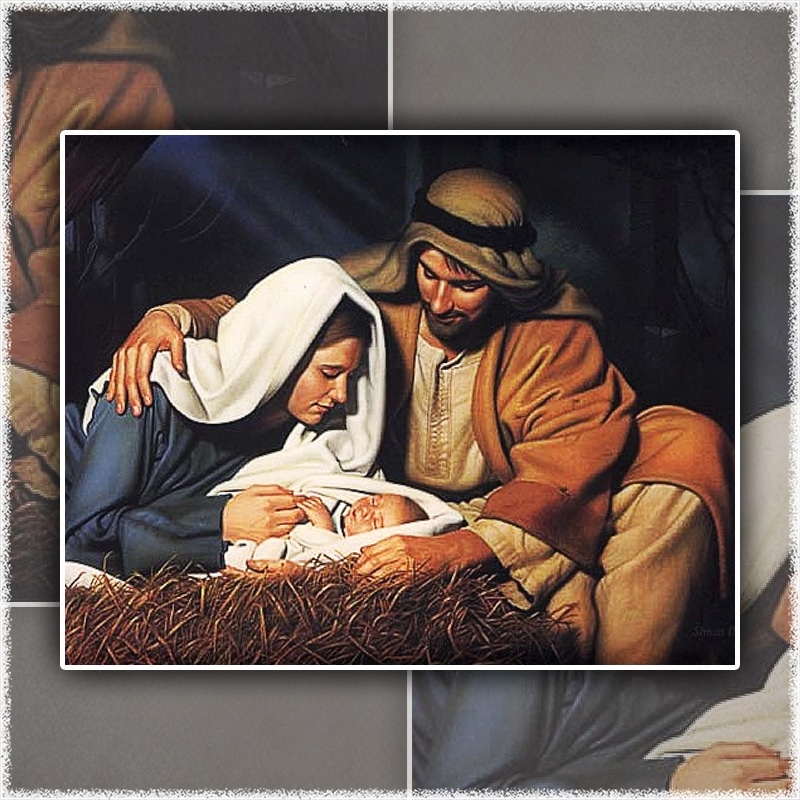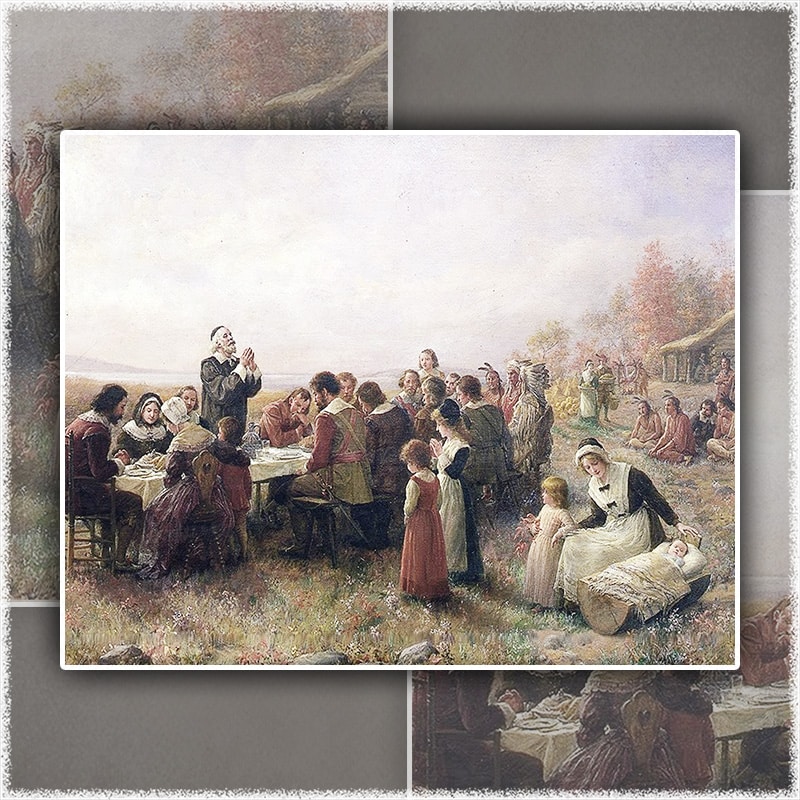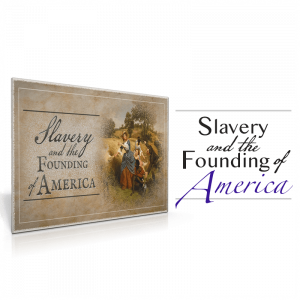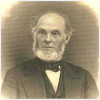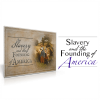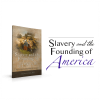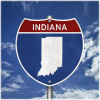The Christian Origin of Father’s Day

Historically, one of the first objectives of a conquering nation was to re-write the history of the conquered nation, thereby erasing the values and history of the conquered nation along with its national fathers and its heroes and heroines. Since the early part of the twentieth century, secularists, Marxists, and the irreligious have been attempting to re-write America's history to minimize or completely eliminate public knowledge of the formative influence Christianity has exercised over America's national character.[1] Just as America's Founding Fathers have exercised an enormous formative influence over the foundation and development of the United States, so fathers—within the family—exercise remarkable influence upon the character of their families in general and their children in particular. In the Bible, God commands that children are to "honor" their fathers and mothers (Exodus 20:12; Ephesians 6:1). Since secularists, atheists, and the irreligious recognize no obligation to honor anyone or anything but themselves, it is not surprising that holidays such as Mother's Day and Father's Day—and the vast majority of national holidays—have originated within Christianity, which recognizes and teaches that human relationships are to be honored. Like Mother's Day, the observance of Father's Day also arose within the Christian Church. Father's Day
Article Contents
Influence of Mother's Day Observance
The inspiration for Father's Day began with the earliest observances of Mother's Day. Ann Maria Reeves Jarvis (1832-1905) and her daughter Anna Marie Jarvis (1864-1948) are remembered as founders of Mother's Day in the United States. Ann was born in Culpeper, Virginia, to a Methodist minister, Josiah W. Reeves, and his wife, Nancy (Kemper). In 1850, Ann married Granville E. Jarvis, the son of a Philippi, West Virginia, Baptist minister, and moved two years later to nearby Webster in Taylor County where they both became deeply involved in the local Methodist Church.Father's Day
One of the greatest forces for good in American history was known as "Volunteerism." This movement arose out of deep Christian evangelical convictions that under the preaching of the Gospel and the movement of God's Spirit, Christians should diligently labor to improve every area of society. Ann Jarvis, influenced by the example of John Wesley and the Methodist heritage, organized a series of Mothers' Day Work Clubs in the towns of Webster, Grafton, Fetterman, Pruntytown, and Philippi to improve the general health and sanitary conditions of these towns.
At the onset of the Civil War in 1861, Ann Jarvis urged the Mothers' Day Work Clubs to maintain neutrality, thereby allowing the clubs to minister to both Union and Confederate soldiers. Near the end of the war, Ann and her husband Granville moved their family to the larger town of Grafton, West Virginia. As the war came to an end, soldiers from both sides of the conflict returned to their hometowns, only to be greeted by lingering hatred harbored against their fellow townsmen because of their allegiances during the war. In the summer of 1865, Ann organized a Mothers' Friendship Day at the Pruntytown courthouse. Her desire was to help heal the bitterness of war held so deeply by those on both sides of the conflict. Despite fears that this event would erupt into violence, Ann's efforts were deeply rewarded. The event was a great success, and Mothers' Friendship Day was an annual event for several years to follow.
The motivation to help heal the hurts of the communities in which she lived was found in, then, the evangelical principles of the Methodist Church in which she was raised and in which she and her family remained. Under her husband, Granville, the Andrews Methodist Church was built in Grafton in 1873. Here Ann taught Sunday School for the next twenty-five years.
On May 9, 1905, Ann passed away, in a town just west of Philadelphia where she had moved following her husband's death. Two years later, on May 12, 1907, her daughter, Anna, led a small tribute to her mother at the Andrews Methodist Church and dedicated her own life to establishing a nationally recognized Mother's Day that would enshrine the virtues of Christian womanhood in the conscience of the nation.
The following year, on May 10, 1908, the nation's first official Mother's Day ceremonies were held at the Andrews Methodist Church in Grafton, West Virginia, and the store auditorium of famed Presbyterian layman John Wanamaker, a merchant in Philadelphia, Pennsylvania. In 1914, Anna Jarvis requested that Representative Heflin of Alabama and Senator Sheppard of Texas introduce a joint resolution establishing the second Sunday in May as Mother's Day. The resolution passed both Houses, President Woodrow Wilson signed the resolution, and William Jennings Bryan, Secretary of State, proclaimed it.
The world did not have to wait long before the complementary observance of Father's Day was conceived by a woman who had known more of the love of her father than that which she had known from her mother. Sonora Louise Smart had been born in Jenny Lind, Sebastian County, Arkansas to farmer William Jackson Smart (1842-1919) and his wife Ellen Victoria Cheek Smart (1851-1898). During the Civil War, William had been a sergeant in the Union's First Arkansas Light Artillery.[2] In 1889, when Sonora was seven years old, the Smart family moved to a farm near Spokane, Washington. When Sonora was sixteen, her mother died giving birth to her brother Marshall. Being the only daughter, Sonora shared the duties with her father in raising her five brothers. On November 4, 1899, Sonora married John Bruce Dodd.
The year after the official start of Mother's Day (1908) at the Andrews Methodist Church in Grafton, West Virginia, Sonora's pastor, Rev. Dr. Henry Rasmussen, delivered a Mother's Day sermon at Central Methodist Episcopal Church in Spokane.[3] Following the sermon, she responded to her pastor: "I liked everything you said about motherhood, but don't you think father should have a special day, too?"[4] Sonora would not allow this question to go unanswered. Early in June of the following year (in 1910), Sonora—with the support of the local Young Men's Christian Association—presented her request to the Spokane Ministerial Association, which was meeting at the YMCA facility. She urged that fathers should wear roses as a suitable compliment to the carnations of Mother's Day and encouraged ministers to act to establish Father's Day. As she spoke, she provided the reasoning behind her desire, saying,
A Fathers Day would call attention to such constructive teachings from the pulpit as [it] would naturally point out:
—The fathers place in the home
—The training of children
—The safeguarding of the marriage tie
—The protection of womanhood and childhood
The meaning of this, whether in light of religion or of patriotism, is so apparent as to need no argument in behalf of such a day.[5]
The inspiration for Sonora's suggestion was her own father—William Jackson Smart—and it was his birthday that served as her suggestion for the first observance of the special occasion—June 5th. This date, however, left little time for the participating ministers to prepare for the event. Instead, they selected the third Sunday of June (19th) to first celebrate Father's Day.
Under the influence of Reverend Dr. Rasmussen of Central Methodist Episcopal Church and Reverend Dr. Conrad Bluhm, pastor of Old Centenary Presbyterian Church, churches throughout Spokane prepared for the celebration of the special day. At Old Centenary Presbyterian Church, the young women's group distributed red roses to each of the fathers present at the service, while in several other churches observing the occasion, baskets of red and white roses were distributed to each attendee to be worn in honor of their fathers—red roses for fathers yet living, white for those whose fathers who were deceased. Traveling in a two-horse carriage with her infant son, Sonora later delivered Father's Day gifts to shut-ins.[6]
Throughout the years that followed the initial observance of Father's Day in Spokane, Washington, the occasion failed to have much success. In the 1920s, Sonora stopped promoting Father's Day due to the fact that she had begun studying at the Art Institute of Chicago, and without her leadership, Father's Day began to fade into obscurity in Spokane.
The occasion was not, however, obscured from national attention. Due to Sonora's initial efforts, a bill was introduced to Congress in 1913 to accord Father's Day national recognition, but it and subsequent attempts did not meet with success. In 1916, President Woodrow Wilson addressed a Father's Day celebration at Spokane and wished to grant it official national recognition, but fearing the day would become too commercialized, Congress resisted the effort. In 1924, President Calvin Coolidge urged that the day receive official national recognition, but failed to issue a national proclamation—perhaps due to the fact that two earlier attempts to officially recognize the day had been defeated by Congress. In 1957, Congress was chided by one of its own members when Maine Senator Margaret Chase Smith drafted a proposal that accused Congress of ignoring American fathers for 40 years while honoring mothers with Mother's Day. In 1966, the first presidential proclamation honoring fathers was issued by President Lyndon Johnson, designating the third Sunday of June as Father's Day, but even this proclamation fell short of permanent status. Finally, in 1972, President Richard Nixon signed into law a bill that accorded permanent national recognition of the third Sunday of June as Father's Day.
Because of the place of honor that Scripture accords to mothers and fathers, nations influenced by the Judeo-Christian tradition have held these two positions in the family up to the esteem they deserve. Historically, Christians have been the originators of the greatest celebrations of the world and have generally sought to honor the institutions, offices, and significant occurrences established by God in His Word—the Bible. While atheists, secularists, and the irreligious seek to destroy or secularize Christmas, Easter, and other important holidays that remember the working of God in the world, Christians must be more deeply resolved not to allow the significance of these events to fade from their own thoughts and affections. The hard-fought battles of social Christianization of previous generations of followers of Jesus Christ must not be allowed to be trampled in the dust.
America deserves to know its true heritage.
Please contribute today!
[1] Millard, Catherine. The Rewriting of America's History. Camp Hill, PA: Horizon House Publishers, 1991.
[2] "Sonora Smart Dodd," Wikipedia (http://en.wikipedia.org/wiki/Sonora_Smart_Dodd, June 14, 2014).
[3] Official documentation places the delivery of the sermon at "Central United Methodist Church, Spokane, WA." Given the fact that the United Methodist Church was not formed until 1968, this could not have been a "United Methodist" church, but a "Methodist Episcopal" church. See "Sonora Louise Smart Dodd," Spokane: Birthplace of Father's Day (http://fathersdaybirthplace.com/includes/media/documents/SonoraSmartDodd_Biography.pdf, June 14, 2014), 1. Cf. Leigh Eric Schmidt, Consumer Rites: The Buying and Selling of American Holidays (Princeton: Princeton University Press, 1995)., 276.
[4] Schmidt, Consumer Rites., 276.
[5] Schmidt, Consumer Rites., 276.
[6] "Sonora Louise Smart Dodd," Spokane: Birthplace of Father's Day (http://fathersdaybirthplace.com/includes/media/documents/SonoraSmartDodd_Biography.pdf, June 14, 2014), 1.

